International Moon Day
Celebrating International Moon Day: From Apollo 11 to India's Chandrayaan 3 Mission!

Sejuti Roy
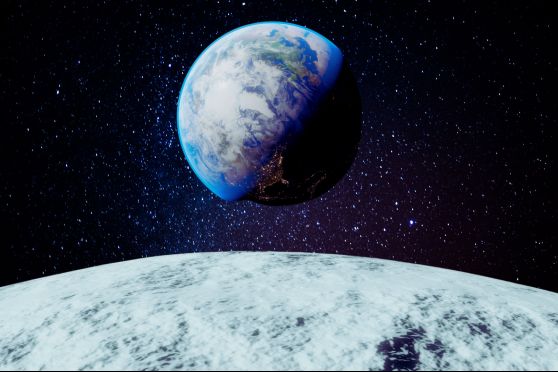
The world celebrates International Moon Day on July 20 every year to commemorate man’s historic first landing on the moon as part of the Apollo 11 mission. Officially established by the United Nations in 2021, this day aims to recognise the achievements of all nations in moon exploration with the objective of raising public awareness about sustainable space exploration and utilisation practices.
Shutterstock
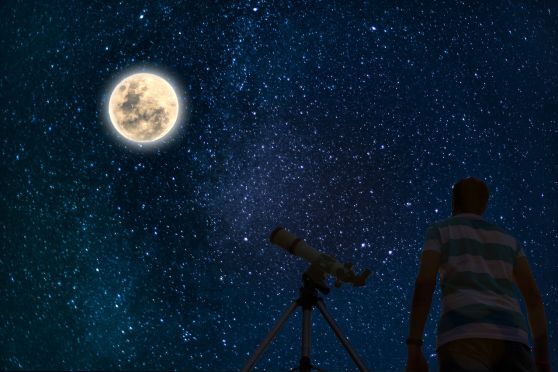
For millennia, human civilisations have gazed up at the moon, pondering its mysteries. The invention of telescopes opened a new chapter in getting acquainted with our celestial neighbour, eventually leading to numerous missions that aimed to explore the moon's surface.
Shutterstock
![The Apollo 11 mission, launched on July 16, 1969, was a monumental achievement in space exploration. On July 20, 1969, astronauts Neil Armstrong and Edwin ‘“Buzz” Aldrin set foot on the lunar surface, with Armstrong famously declaring, "That's one small step for [a] man, one giant leap for mankind”. This mission not only marked a significant milestone in space history but also paved the way for future lunar explorations.](https://assets.telegraphindia.com/telegraph/2024/Jul/1721387874_16.jpg)
The Apollo 11 mission, launched on July 16, 1969, was a monumental achievement in space exploration. On July 20, 1969, astronauts Neil Armstrong and Edwin ‘“Buzz” Aldrin set foot on the lunar surface, with Armstrong famously declaring, "That's one small step for [a] man, one giant leap for mankind”. This mission not only marked a significant milestone in space history but also paved the way for future lunar explorations.
Wikipedia
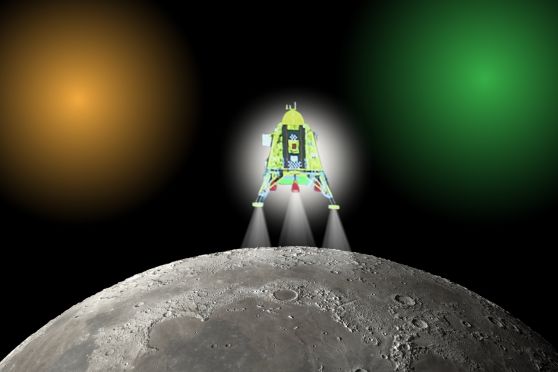
More recently, India's Chandrayaan 3 mission, launched on July 14, 2023, marked a significant milestone in the nation's space programme. On August 23, 2023, the Indian Space Research Organisation (ISRO) successfully performed a soft landing on the moon, making India the fourth country after the United States, the USSR and China, to achieve this feat. The success of this mission has elevated ISRO's global standing, highlighting India's growing capabilities in space research.
File Image
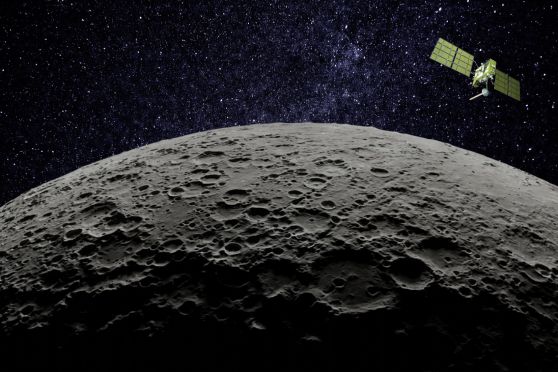
This year's International Moon Day theme, ‘Illuminating the Shadows’, celebrates the 55th anniversary of the Apollo 11 mission. The theme encourages us to reflect on the unknown aspects of the moon and our continuous quest for knowledge and exploration.
Freepik
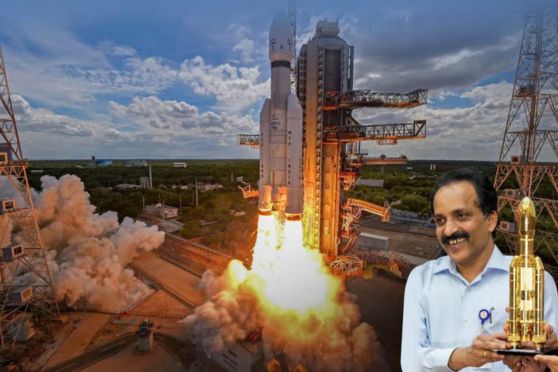
ISRO is already working on the Chandrayaan 4 mission, which plans to bring lunar samples back to Earth. Additionally, the organisation is planning to launch the first module of India’s own space station called Bharatiya Antariksh Station by 2028. These ambitious projects underline India's commitment to advancing its space exploration capabilities and contributing to global knowledge.
File Image
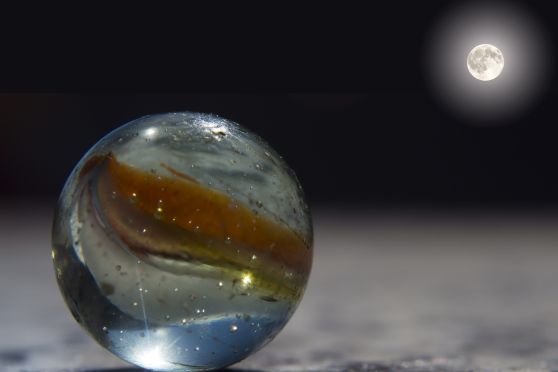
Additionally, recent discoveries have revealed that the moon could be a strong source of hydrogen atoms and water, which are crucial for future space missions. These findings emphasise the moon's potential in supporting long term human presence in space.
Shutterstock
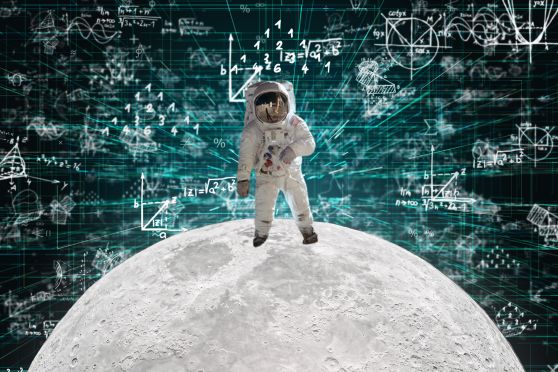
The great news is that this burgeoning field of space exploration offers a treasure trove of career opportunities for students! From becoming space scientists and astronauts to engaging in spacecraft engineering and entrepreneurship in space science, the possibilities are as vast as the universe! Institutions like the Indian Space Research Organisation (ISRO) and the Indian Institute of Remote Sensing (IIRS) provide excellent programmes and training for aspiring space professionals.
Freepik
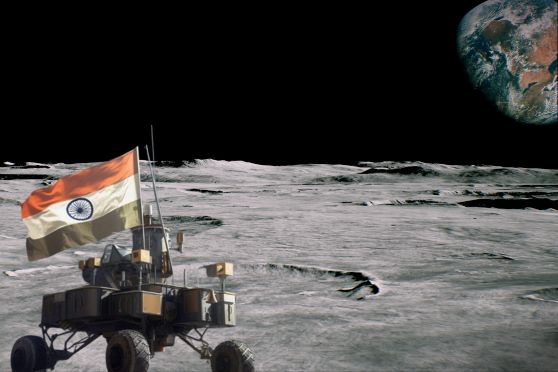
India has firmly established itself as a significant player in the global space industry, ranking fourth worldwide. Ambitious projects like Chandrayaan 3 and Aditya L1 have consolidated India's leadership in space research and technology, which will certainly inspire the next generation of scientists and engineers from our nation!
File Image
Last updated on 19 Jul 2024



![The Apollo 11 mission, launched on July 16, 1969, was a monumental achievement in space exploration. On July 20, 1969, astronauts Neil Armstrong and Edwin ‘“Buzz” Aldrin set foot on the lunar surface, with Armstrong famously declaring, "That's one small step for [a] man, one giant leap for mankind”. This mission not only marked a significant milestone in space history but also paved the way for future lunar explorations.](https://assets.telegraphindia.com/telegraph/2024/Jul/1721387874_16.jpg)









